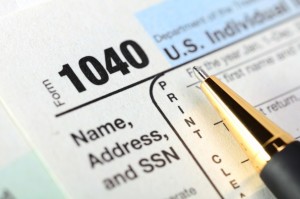 Today’s top story: How to understand and reduce taxes when selling your home. Also in the news: Why you need to learn your parents’ financial plans ASAP, how debt-related stress affects body and mind, and the goods and services that have actually dropped in price this year.
Today’s top story: How to understand and reduce taxes when selling your home. Also in the news: Why you need to learn your parents’ financial plans ASAP, how debt-related stress affects body and mind, and the goods and services that have actually dropped in price this year.
How to Understand and Reduce Taxes When Selling Your Home
If your home’s value has soared, congratulations. If you decide to sell, beware.
Learn Your Parents’ Financial Plans ASAP
A difficult and important conversation to have.
How Debt-Related Stress Affects Body and Mind
The stress of being in debt can cause physical symptoms like insomnia and stomachaches. It can also harm you emotionally and affect your relationships.
These Goods and Services Have Actually Dropped in Price This Year
Inflation has brought on a price increase for most things, but not everything.
 Today’s top story: 6 for-keeps New Year’s Resolutions for New Homeowners. Also in the news: Saving money by exercising outdoors this winter, learning the basics of the GOP Tax Plan, and the pros and cons of prepaying your 2018 property taxes in 2017.
Today’s top story: 6 for-keeps New Year’s Resolutions for New Homeowners. Also in the news: Saving money by exercising outdoors this winter, learning the basics of the GOP Tax Plan, and the pros and cons of prepaying your 2018 property taxes in 2017. Today’s top story: Victim of ‘Divorce Season’? Protect Your Finances. Also in the news: Mixing up these student loan terms could cost you, why deductions aren’t the only way to save on real estate taxes, and why you still need to cut up your canceled credit cards.
Today’s top story: Victim of ‘Divorce Season’? Protect Your Finances. Also in the news: Mixing up these student loan terms could cost you, why deductions aren’t the only way to save on real estate taxes, and why you still need to cut up your canceled credit cards.